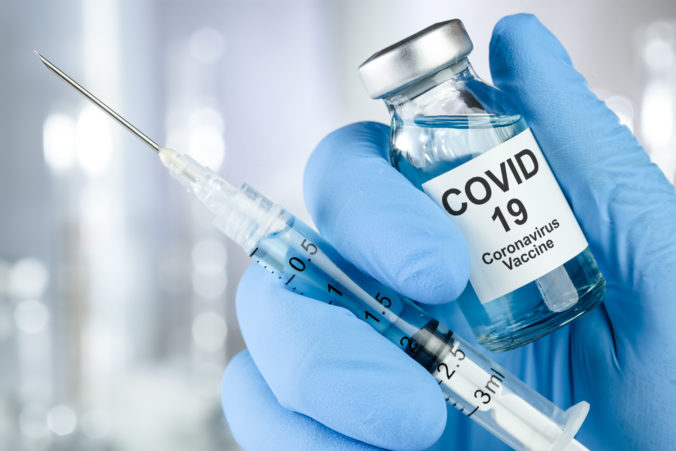Have mRNA vaccines killed more people than they have saved?
That’s what American entrepreneur Steve Kirsch claims in his list of Covid-19 challenges. Today, Rootclaim has officially accepted his challenge in the amount of $500,000.
After reviewing all challenges we decided to accept challenge no. 6: “The Pfizer and Moderna mRNA vaccines have killed more people than they have saved from dying from COVID“. This addresses two of the most pressing and hotly debated issues of the pandemic: vaccine efficacy and vaccine safety. Advancing public discourse on these issues will likely save lives, and improve preparedness for future pandemics.
After analyzing the available evidence, we conclude that despite several shortcomings, mRNA vaccines have saved many more lives than they cost.
While we challenge Kirsch on this specific item, we actually agree with a number of his other claims, including some that run counter to mainstream opinion. As Kirsch pointed out in his post, we agree with item 9 (“Lab origin is more likely”) and even offer our own challenge on the subject. Before examining vaccines, we studied the benefit of masks (items 7 and 10 in Kirsch’s list) and were surprised to find it is far from clear they are indeed effective, given the many factors involved in their practical use, such as most people wearing them poorly, virus transmission through the eyes, virus adaptation, and considerations of herd immunity. We are also generally in agreement on the importance of drug repurposing in COVID (related to challenge no. 8).
We have great admiration for Kirsch’s willingness to take a personal risk on his public claims. This is in sharp contrast to the many public figures constantly making overconfident statements on matters of great importance, without taking any risk. This is something we repeatedly encounter in our work. Some examples:
- Scientists who confidently claim a zoonotic origin of Covid-19, while our analysis found it much more likely that the virus was developed during gain-of-function research and released by accident.
- Researchers claiming with certainty that chemical attacks such as the one near Damascus in 2013 were carried out by the Syrian government. In our analysis, we show there is little doubt that opposition forces in Syria (Liwa al-Islam) were responsible.
- The common claim of widespread fraud in the 2020 US election, while we found this election to be no different from previous ones, with minor incidents of fraud that did not change the outcome.
These examples demonstrate the low value of claims made when nothing is at risk: public discourse is awash with baseless, overconfident claims that carry no repercussions for their claimants if they turn out to be false. We believe that adding ‘skin in the game’ can dramatically reduce this problem, and therefore offer our own public debate challenge, which coincidentally happened to be very similar to Kirsch’s. So far no one has applied.
We therefore greatly appreciate Kirsch’s courage and leadership here. We see it as our responsibility to accept a challenge when we think the claim is wrong, and of course, take the loss if we fail.
It should be emphasized that regardless of who wins in this particular case, this is a victory for public discourse. First, by offering a reliable resolution to the important question of vaccine efficacy and safety, and more importantly, by setting a standard for settling controversies: an impartial, judged debate where both sides take a significant risk on the outcome. Hopefully, in the future, people making confident assertions on issues of importance without taking a risk will be ignored as background noise.
Update: As we were applying, we noticed Kirsch has recently added a note to his challenge page, terminating the bets due to no one applying. Since we were already in private discussions with Kirsch on the terms before this update, we would be very surprised to find this would apply to us.
Update #2: We and Kirsch are making good progress on setting the parameters of the $500,000 challenge and we’re in the process of finalizing our agreed picks for two judges. Our preference will be for the most experienced, well-respected, and unbiased experts.


Recent Comments